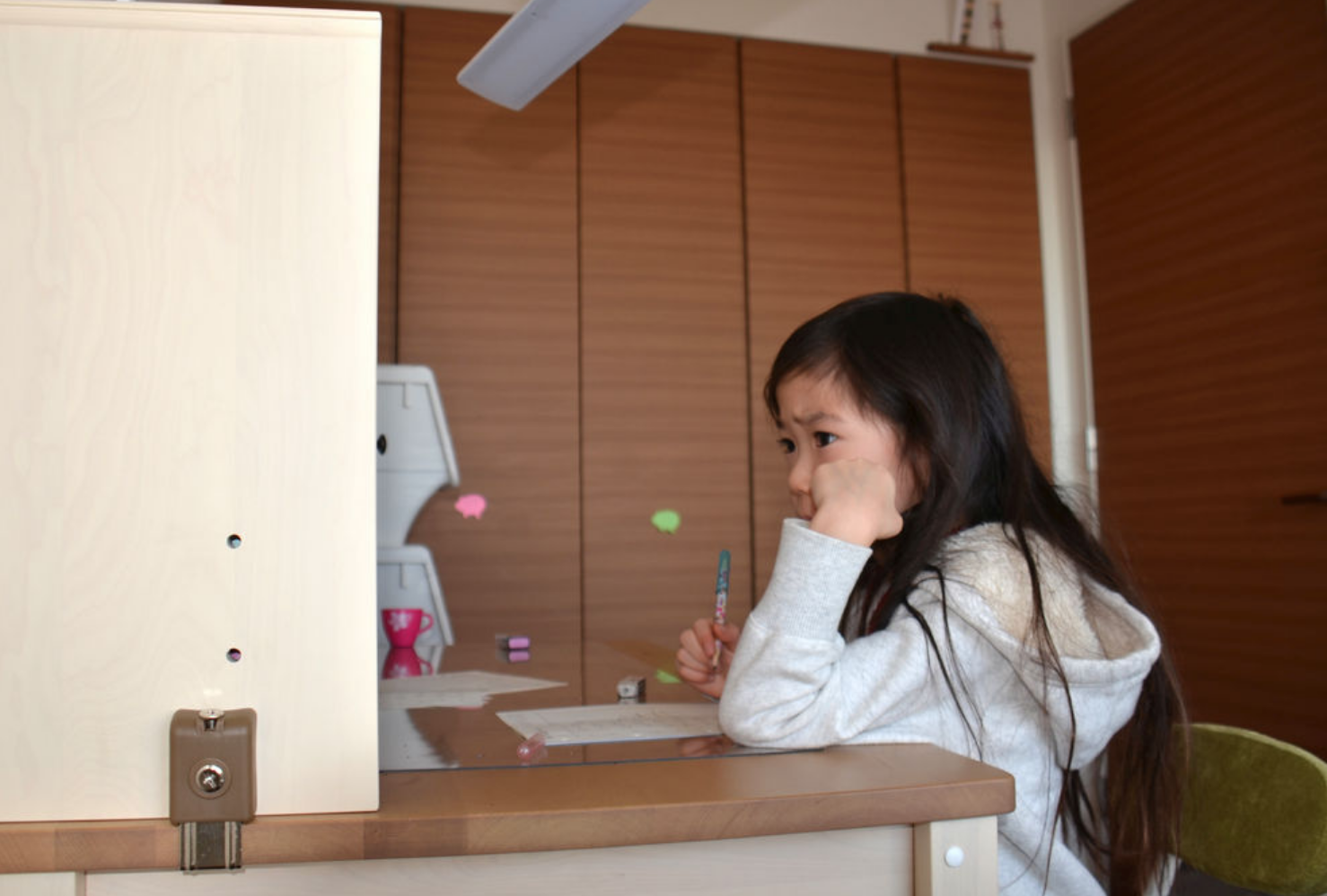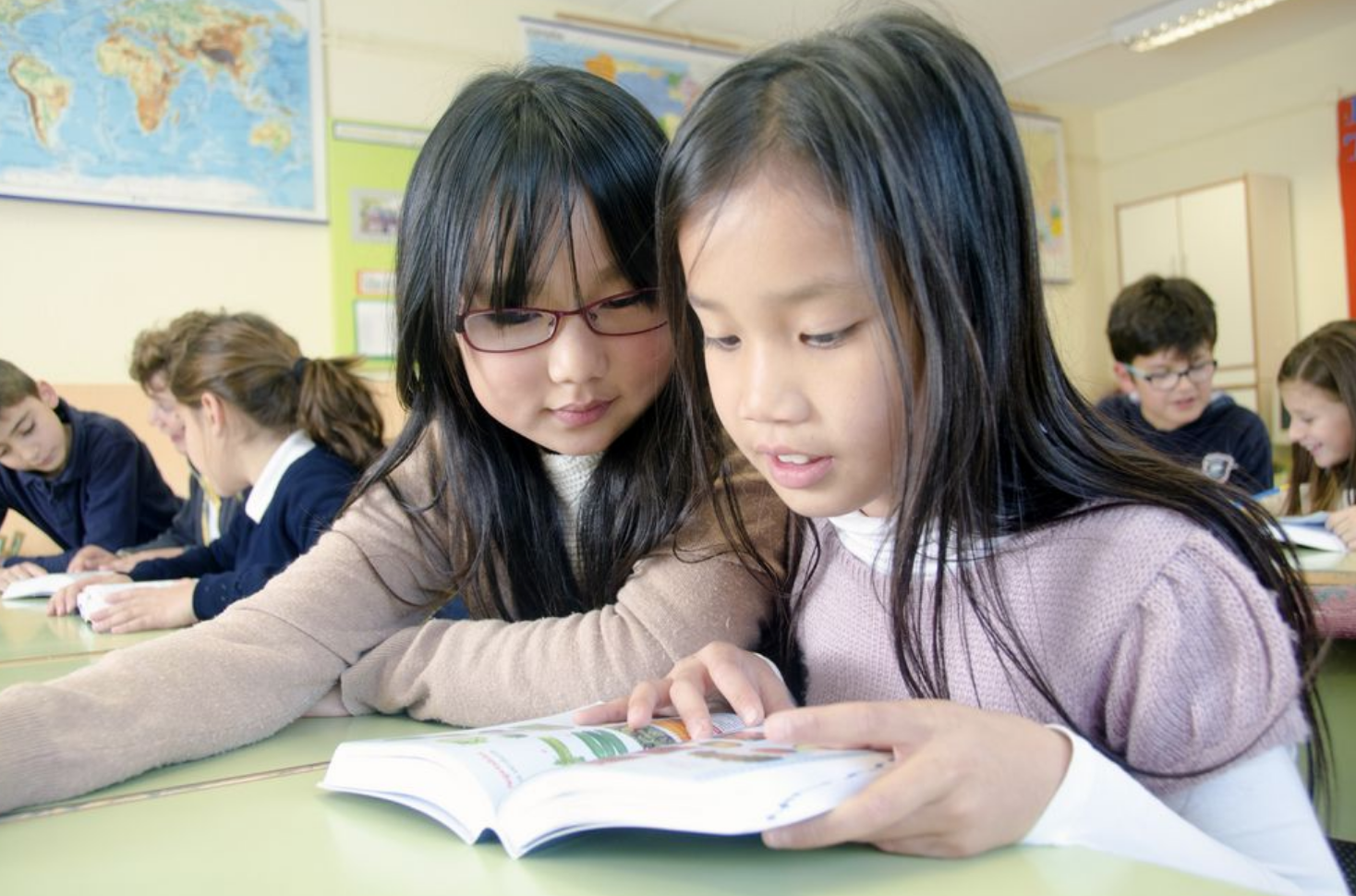
Failure for most of us is a nightmare because it can have a lot of consequences. For students, failure can mean like the end of the world and a recent study shows how much they fear it, especially in Singapore.
According to this news report on the 2018 Program for International Student Assessment (PISA), around 70% of Singaporean students aged 15 fear failing. Meanwhile, only 60% believe that they will be able to improve through their skills and abilities.
This statistic is lower than the global average set by the Organization for Economic Cooperation and Development (OECD) which is 63%.
At least 6,676 from 153 public secondary schools and 13 randomly selected private schools took part in the study.
Students worried and fearful about the impact of failure
The study highlights that a majority of the Singaporean participants in the study or 72% said they are concerned about what people will think if they fail. This number is higher than the OECD average of 56%.
At least 73% said that they believe that they do not have the talent to succeed when they experience failure. By comparison, the OECD average is 55%.
It is also shown in the study that 78% of these students believe that their future plans will not push through if they fail. This brings Singapore beyond the OECD average which is around 54%.
When asked about the PISA results, the Ministry of Education (MOE) said that most of the participants in the study are in Secondary 4.
Since Secondary 4 usually sits in for their O/N-Level, MOE believes that their fears are brought by their goal to score well in the exams. They also recognize that excessive fear of failing can indeed be dangerous, but they also say it can also be a source of motivation.

Attitudes towards competition and cooperation
The study also showed that there is also a shift when it comes to how Singaporean students see learning. Most of them, or 60%, say that there is a high rate of competition and cooperation amongst students.
Around 76% say that they feel there is competition between students, which is very high to the OECD average of 50%. Meanwhile, 69% said that students do value the importance of competition.
This is better than 48% showed in other OECD countries. When it comes to cooperation, 68% of Singaporean students find it important to cooperate with their fellow students. This is higher than the 62% from OECD countries.
The study did see that when cooperation and competition are brought together, the environment and performance of those involved are higher than in a pure cooperative situation.
The MOE acknowledged that competition must be done in moderation. Too much of it, they say, can be toxic. But, if it is done in moderation, it can be an inspiration to excel.
Growth mindsets in Singapore
A growth mindset focuses on a person’s belief that their skills, talents and knowledge will grow as they take time to practice, study and explore.
In Singapore, the PISA study showed that Singaporean students with a growth mindset are higher than in other Asian countries. But, it was lower than the OECD average.
Around 60% of Singaporeans said that their knowledge can be improved. If you talk about OECD countries, 63% of them believe it is possible.
What actions is MOE taking?
The results of the study inspired the MOE to make changes to the current academic system. The new academic system they are now trying to introduce does not focus too much on grades and reduce competition.
Some of the changes already imposed by the MOE include the revised PSLE system, removing academic streams and introducing a subject-based curriculum.
They also said that they will support the development of growth mindsets in students and help them cope up with failure. The MOE is also dedicated to helping students explore their passions and inspire them to keep searching for knowledge.

How can parents assist in reassuring students that failure is ok
As parents, it can be heartbreaking to see our children fail in what they set out to do. We do everything we can to help them succeed, bringing them to schools who can help them even if it’s pricey or getting them tutors to help with their studies.
However, failure is something that everyone should experience every once in a while. It allows us to grow and learn from the experience.
If we do not allow our children to become resilient, it can cause them to breakdown because of the pressure we unknowingly give them because we want them to succeed. It also disables them from learning how to be resilient and persevere.
To help teach your child how to cope up with failure and learn from it, here are some steps you can follow.
Empathize
When your child failed with something and they show distress, let them know you believe in them and acknowledge their effort. If you brushed off their disappointment, it will only add to your child’s frustration.
Be a role model
If you want to give your child a reason to believe that failure is ok once in a while, you have to show it in your actions. Let them know that even if you experience low times and share how you got past it.
Students are still unfamiliar with the challenges of life and it is up to you to teach them that it’s ok if things don’t go to plan.
Use the failure as a lesson
When your child fails or shows too much fear in failing, use it as a chance to teach them how to accept failure and learn through it. Review the situation with your child and ask them to think of ways on how they can deal with the situation if they face it again.
Conclusion
Failure is a very powerful fear that each one of us must be able to face. As parents, we should not get mad when our children fail to succeed in the task before them and pressure them to keep succeeding.
How will our children learn if all we push them to do is keep on winning and not accept or experience failure? Remember, failure can become a motivator for people to be better and it can help them go through the challenges of life.
To help and support our children, here are some articles for references:
Basic Life Skills You Should Teach Your Children Right from an Early Age
How To Build Confidence In Young Children?
